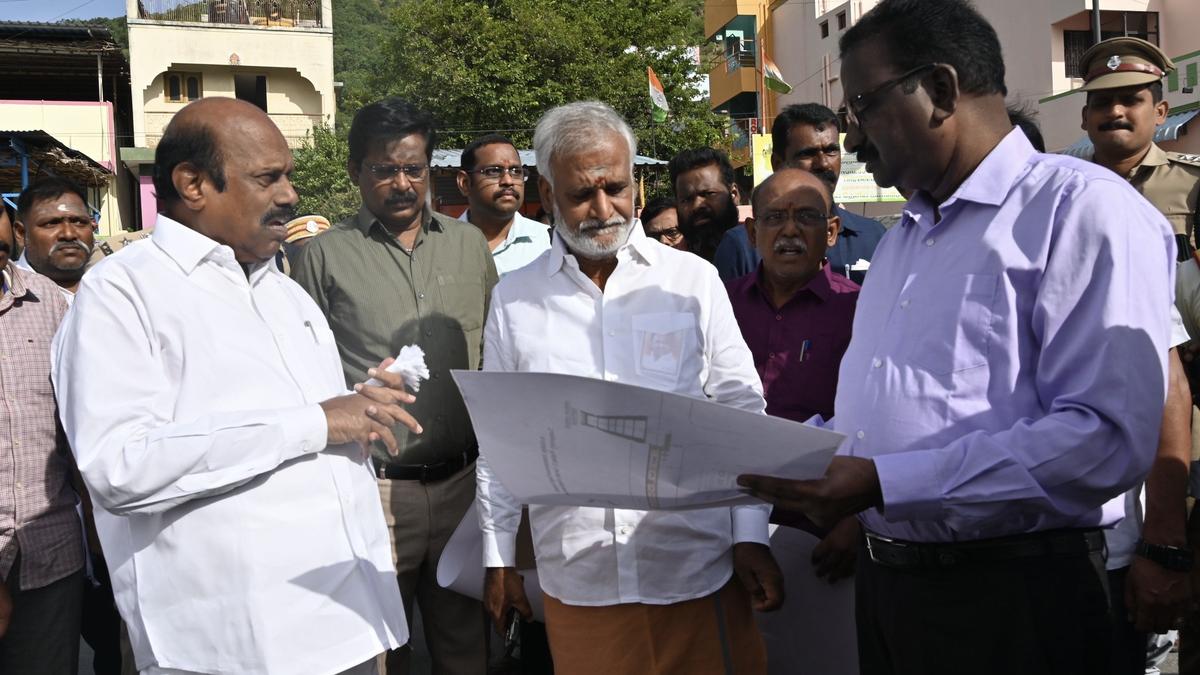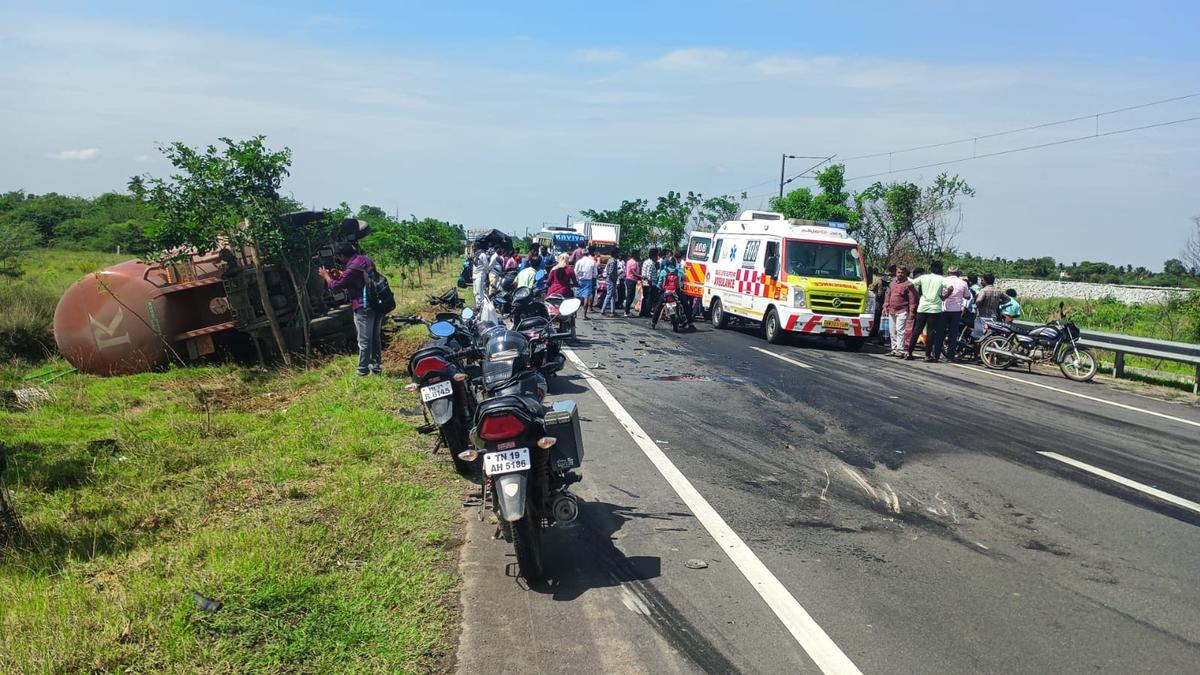In the aftermath of Operation Sindoor, the Union Home Ministry (MHA) has enhanced security at vital installations across the country, including the Parliament building and nuclear plants.
The Central Industrial Security Force (CISF) personnel deployed at the Parliament building are being trained with the Army to combat terrorist strikes, drone attacks and internal sabotage, a CISF official said on Thursday (July 17, 2025). Their weapons will be upgraded in the coming days too, the official said. The training module of canine squads is also being changed.
The CISF took over Parliament security in June 2024 following a security breach in the new Parliament building on December 13, 2023. It replaced the Delhi Police and the Central Reserve Police Force (CRPF). The monsoon session of Parliament begins on July 21.

The official said that the joint-training exercises with the Indian Army are to make the CISF “battle-ready” against unconventional and hybrid threats.
“The training with the Army will prepare the CISF personnel to respond swiftly to crises at high-risk installations such as airports, nuclear facilities, government buildings, and Parliament. The emphasis is on handling complex, high-pressure scenarios such as drone incursions, coordinated terrorist attacks, insider threats, and sabotage operations with speed, precision, and calm,” the official said.
Critical installations surveyed
In response to the April 22 terror attack at Pahalgam in Jammu and Kashmir (J&K), in which 26 civilians were killed, India launched military strikes on nine terrorist camps and terror infrastructure in Pakistan and Pakistan-occupied Kashmir on May 7. Pakistan launched drone attacks at several vital installations in India, including airports and power plants, particularly in J&K and Punjab.

As part of the efforts to secure critical installations, the National Security Guard (NSG) also surveyed 17 religious sites, 21 nuclear installations and 14 sensitive locations recently. Home Minister Amit Shah reviewed the security of such installations after Operation Sindoor and directed the CISF to train its personnel in the wake of emerging threats from Pakistan, the official said.
“For the first time, the CISF is conducting training at Indian Army formations in the Kashmir Valley. Previously, only a limited number of CISF personnel were allotted seats for such exercises. The goal is to equip the personnel to handle contingencies such as armed infiltration, sabotage, and multi-pronged terror strikes in both urban and rural environments,” the official said.
The personnel selected for the high-intensity training are part of CISF’s Quick Reaction Teams (QRTs)—the first responders to emergencies. “Only those under 35 years of age and who have passed the Battle Physical Efficiency Test (BPET) aligned with National Security Guard (NSG) standards are eligible,” said the official.



.png)
.png)
.png)
















 3 hours ago
2
3 hours ago
2









 English (US) ·
English (US) ·